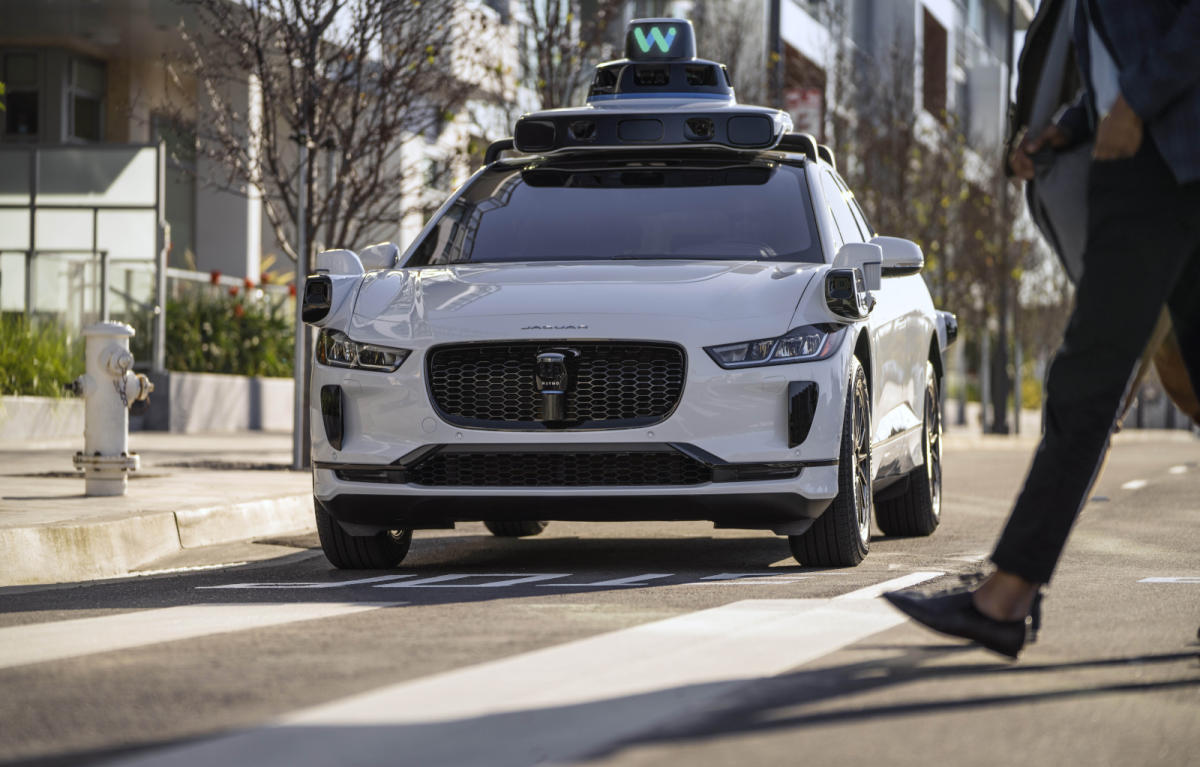Last year, two Waymo robotaxis in Phoenix “made contact” with the same pickup truck that was in the midst of being towed, which prompted the Alphabet subsidiary to issue a recall on its vehicles’ software. A “recall” in this case meant rolling out a software update after investigating the issue and determining its root cause.
In a blog post, Waymo has revealed that on December 11, 2023, one of its robotaxis collided with a backwards-facing pickup truck being towed ahead of it. The company says the truck was being towed improperly and was angled across a center turn lane and a traffic lane. Apparently, the tow truck didn’t pull over after the incident, and another Waymo vehicle came into contact with the pickup truck a few minutes later. Waymo didn’t elaborate on what it meant by saying that its robotaxis “made contact” with the pickup truck, but it did say that the incidents resulted in no injuries and only minor vehicle damage. The self-driving vehicles involved in the collisions weren’t carrying any passenger.
After an investigation, Waymo found that its software had incorrectly predicted the future movements of the pickup truck due to “persistent orientation mismatch” between the towed vehicle and the one towing it. The company developed and validated a fix for its software to prevent similar incidents in the future and started deploying the update to its fleet on December 20.



You can’t be driving behind that vehicles at 60mph with 2.5s WITHOUT knowing it’s trajectory.
You keep trying to saying it doesn’t need to know the trajectory of all objects around it, but that’s not true.
Yes you can. It is a stopping distance. 2.5 seconds at 60 mph is 220 feet. A car can brake from 60 to 0 in less than 220 feet. It will take longer than 2.5 seconds to do, but it won’t hit the object which originally was 2.5 seconds ahead.
Maybe a straight behind isn’t as good an example, although it is calculating the likelihood of it continuing to go straight.
An oncoming car, drifting out of the lane towards your lane.
It’s not going to hit you until it’s in your path, but the trajectory of it coming towards you is in your path.
If you don’t consider where it’s going and how fast it’s going, you won’t know if it’s going to enter your lane before you pass it.
If you’re only trying to avoid hitting objects and its not in your path until the last quarter second, you won’t take appropriate actions because you don’t know it’s coming at you.
All these measurements are taken as time between you and them and it uses that info to calculate the trajectories.
Yes I know and it should. What I am saying is that the trajectory calculations should never be allowed to override the basic collision calculations, like it did in this case.
It does not matter if the towed truck appeared to have a different trajectory than it actually had, because it was very obviously in the range of collision.
Do you have a reverse sensor in your car that beeps when you’re close to stuff?
It was the self driving car that drove into the tow truck. All it’s sensors must’ve been beeping, and it still decided to keep driving.